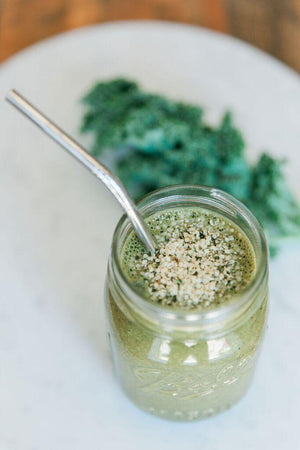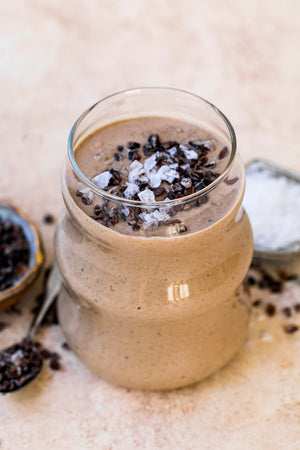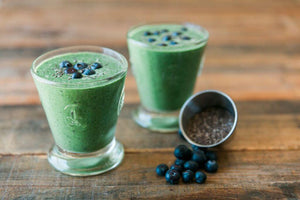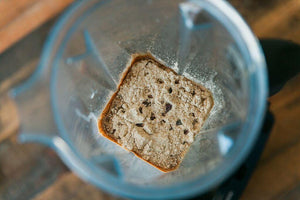Do you often find yourself feeling "hangry," even when you've just eaten? As it turns out, hormones could be the culprit! Here are the three most common hormones that could be making you feel hungry. I will explain how they function and what you can do to make sure they're working for you, not against you. Take a closer look:
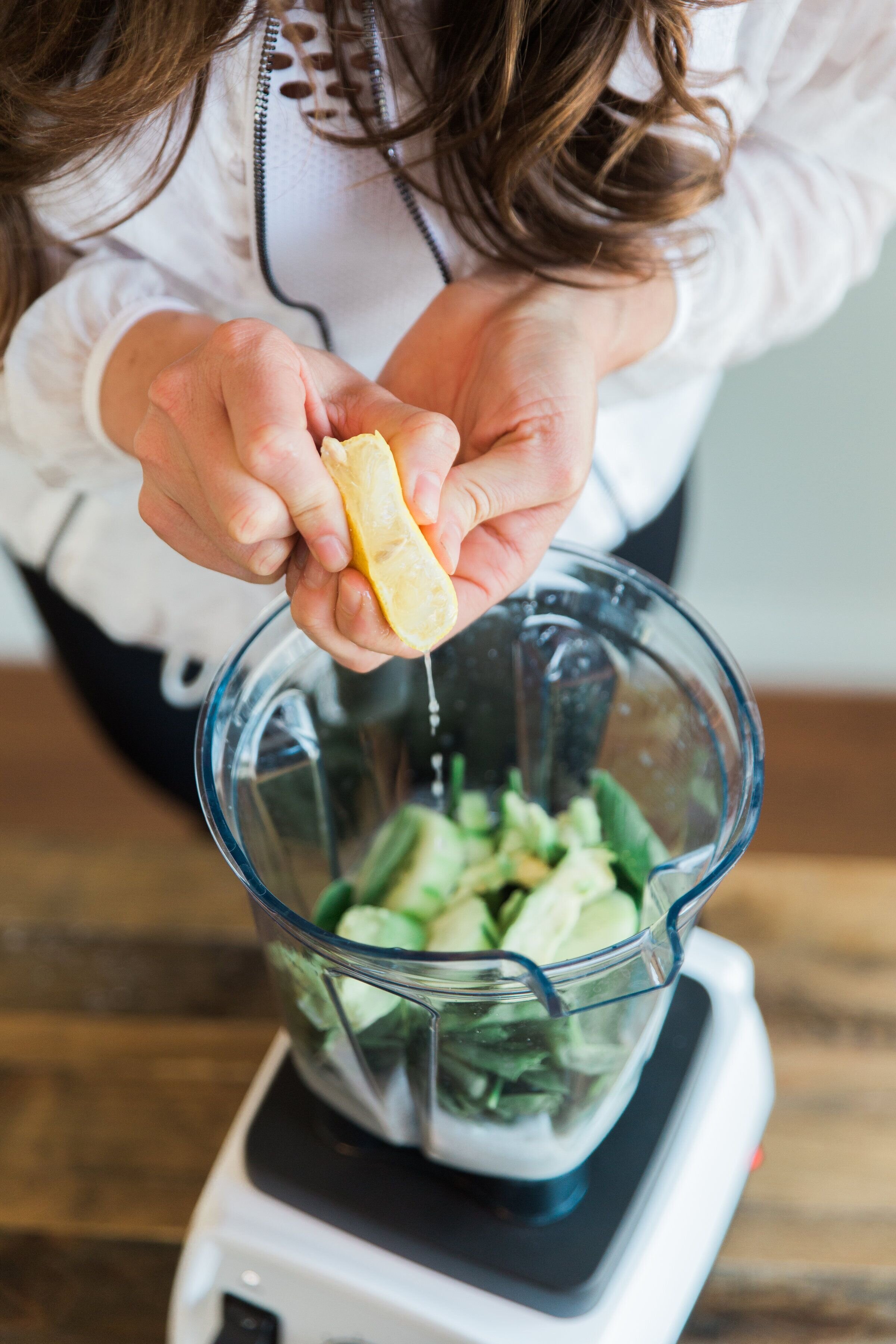
The Hunger Hormone, a.k.a. Ghrelin
How It Works
Ghrelin is released when the stomach is empty and stops when the stomach is stretched. Once we put food in our stomach and the lining of the stomach stretches, it stops being produced, so that hunger hormone shuts down.
Ghrelin is highest before eating and the lowest an hour after eating. However, depending on the type of food you're eating, the hunger hormone may or may not actually shut off when it should.
In fact, studies show a correlation between altered ghrelin levels and obesity.
What You Can Do
I suggest avoiding processed foods, white carbohydrates, sugar and especially liquid sugar (like sodas and other sugary drinks), because they don't actually stretch the stomach lining.
It's not going to turn [the hunger hormone] off in the same way that fiber-rich foods do, because fiber-rich foods add weight to your stomach and actually cause that stretch.
You want to eat foods like chia, flaxseed, acacia fiber, non-starchy vegetables like cauliflower and broccoli, vegetables full of water like cucumber and asparagus and nuts like almonds or cashews. Nuts are the best, because they come with protein, fat and fiber.
The Full Hormone, a.k.a. Glucagon-Like Peptide-1
How It Works
Glucagon-Like Peptide-1, or GLP-1, is the hormone that makes you feel full. It's produced and released when food moves from your stomach into your small intestine, to tell your brain you're full.
Certain kinds of foods cause inflammation that can lower the effectiveness of the full hormone. High-fructose corn syrup and artificial trans fats, which are often found in processed foods, are both inflammatory. It’s important is to make sure that signal is strong. If you have chronic inflammation, that signal is not strong — actually GLP-1 is lowered.
What You Can Do
Avoid inflammatory foods — fried foods with bad oils and sugary desserts full of processed flours and sugar especially.
A great way to reduce inflammation in your gut is to take a probiotic and eat the 'fab 4' — protein, fat, fiber and greens.
The Stress Hormone, a.k.a. Cortisol
How It Works
Cortisol is a hormone that is released when your body senses stress. The brain triggers a feeling of wanting to eat, to give you that instant gratification of something that tastes good.
And although you can't necessarily control everyday stressors, you can control feeling full. Eating a balanced meal can help you stay away from stress-induced food cravings.
What You Can Do
The best thing to do is have three balanced meals, and always use your hands.
Here's a *handy* portion size guide that uses your hands to help determine the amount of protein, fat, fiber and greens you should be eating at each meal, three times a day.
Protein: You want 4-6 oz of protein at each meal — about the size and thickness of the palm of your hand.
Fat: You should eat 2 tablespoons of healthy fat, like avocado, which is about 1-2 thumbs.
Fiber + Greens: You should have at least 2-4 cups of fiber-rich vegetables and greens at every meal, such as leafy greens, cucumber or broccoli, Kelly says. That's 2-4 fists.
You really want to stretch that stomach — it's rich in fiber, and fiber helps you balance your blood sugar. Also, make sure that you're getting enough so you stay full.
The Fab Four Smoothie is a customizable formula for you to get the nutrients you need with a taste you’ll love. All you need is protein, fat such as almond butter or coconut oil, fiber such as chia or flax, and any greens you like.
Eating healthy doesn't have to be this beautiful, Instagram-able bowl. It's really about simple ingredients, real whole foods, and eating them in a combination that makes you feel full for hours.
Article originally published on Rachael Ray: How to Outsmart Hormones That Could Be Making You Hungry





